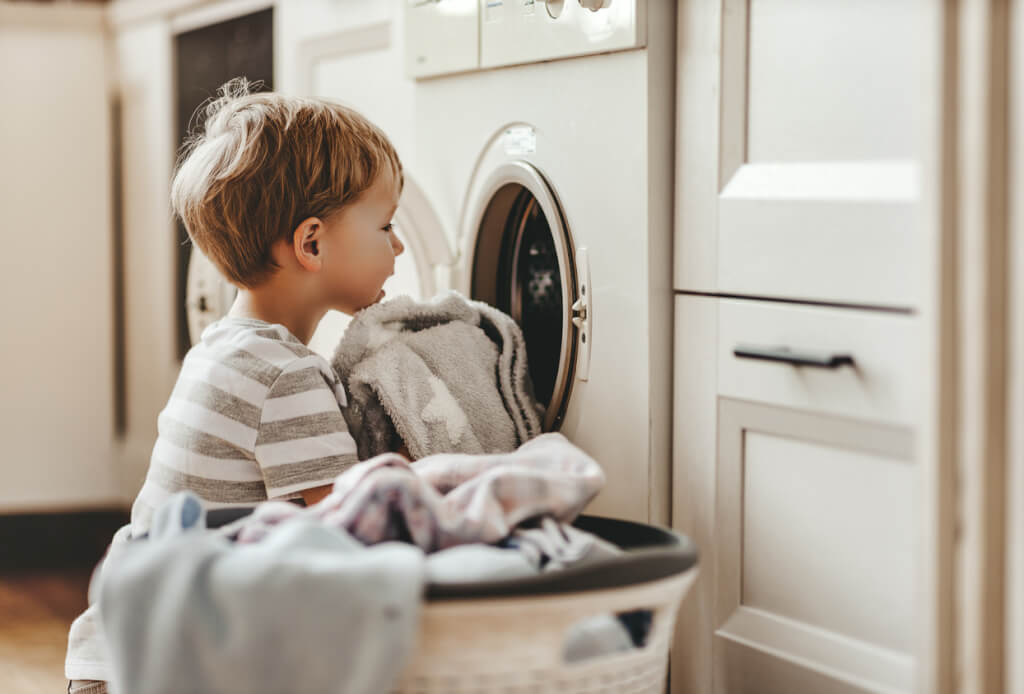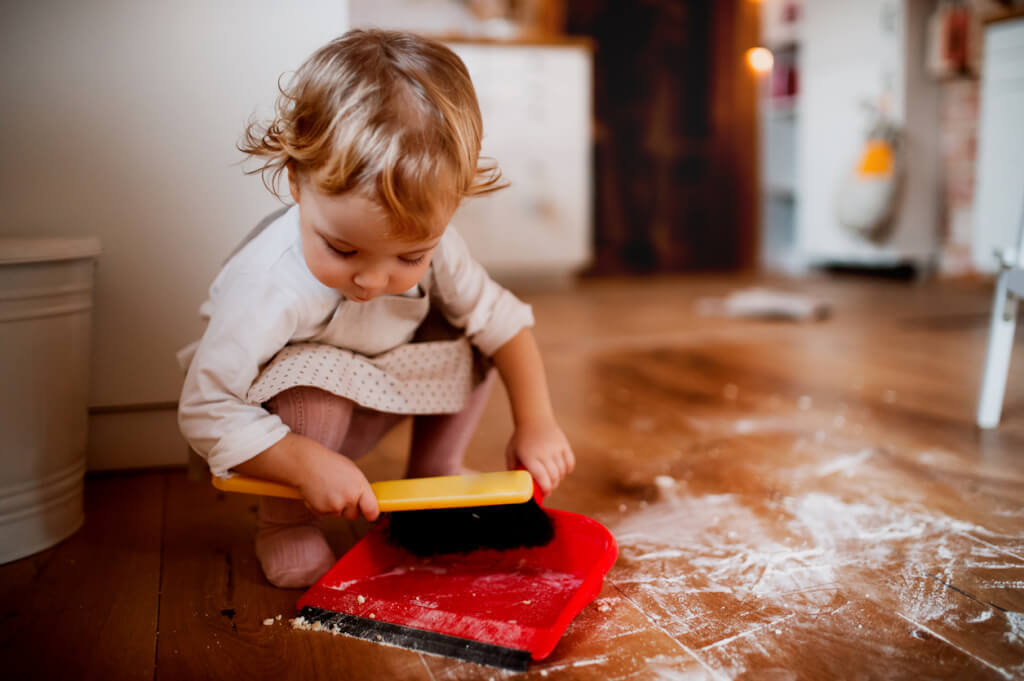How to raise successful and happy children: advice from Harvard scientists
'23.03.2024'
Alina Prikhodko
Do you want your children to grow up to be independent, happy and successful individuals? Scientists from Harvard conducted a whole study on this topic. Inc shared the conclusions they came to.
Children need to be given more responsibilities. As in most other cases, the sooner the better. Helping your children grow up to be independent, happy, fulfilled and successful is the key to feeling a healthy work-life balance.
After all, feeling successful—no matter how you define “success”—is a key factor in overall happiness and fulfillment.

Is there a way to make children more successful?
It turns out there is. Within the 85 year research, Harvard scientists analyzed the biographies of more than 700 “successful people” and found a strong connection between performing household chores and subsequent professional success.
It makes sense. Children who feel involved in shared responsibilities and feel like they are part of a larger “ecosystem” experience a greater sense of self-worth. They are also able to see the needs of others and therefore are more willing to help others.
On the subject: How to raise a happy child: recommendations from a Yale University psychology professor
Children become less self-centered and get out of the “if you do everything for me and I don’t have to participate, then obviously the world should revolve around me” paradigm. They develop a work ethic. All this leads to an increased chance of career success. Teamwork. Empathy. Work ethics. Willingness not only to lead, but also to follow.
Children who do chores are more likely to be happier adults. A study published in Journal of Developmental & Behavioral Pediatrics, found that children who begin helping with small tasks by age 4–5 have higher levels of self-confidence and self-efficacy.
Achievements bring joy. It feels good to receive praise for your achievements. Even if we are talking about such a small thing as putting away toys, it’s still: “Five-year-old me did this. And you recognized me for it.”

More chores
Compared with children who regularly did housework, children who rarely did housework had poorer self-reported scores on prosocial and academic abilities, peer relationships, and life satisfaction.
Frequency of doing housework in kindergarten was positively associated with children's perceived social, academic, and life satisfaction competencies, regardless of gender, family income, and parental education.
More responsibilities, but within reason. Especially if you make these responsibilities part of teamwork. Watching a five-year-old put away his toys is one thing. And if he puts them away while you tidy up your room, that’s teamwork. This makes their responsibilities part of a larger ecosystem in which everyone works together.
This is the perfect metaphor for subsequent success, because no one ever does anything truly worthwhile without help and support.







